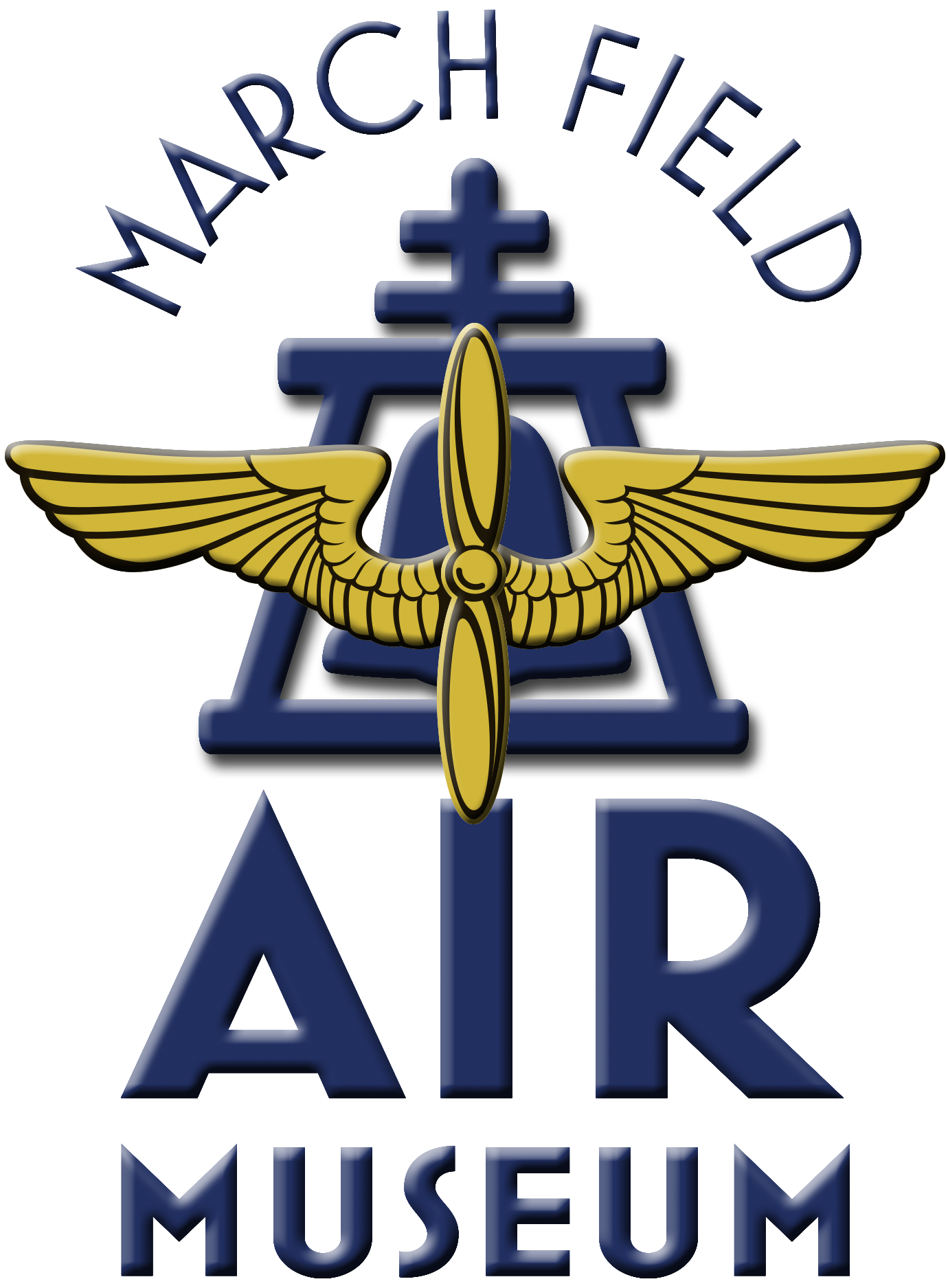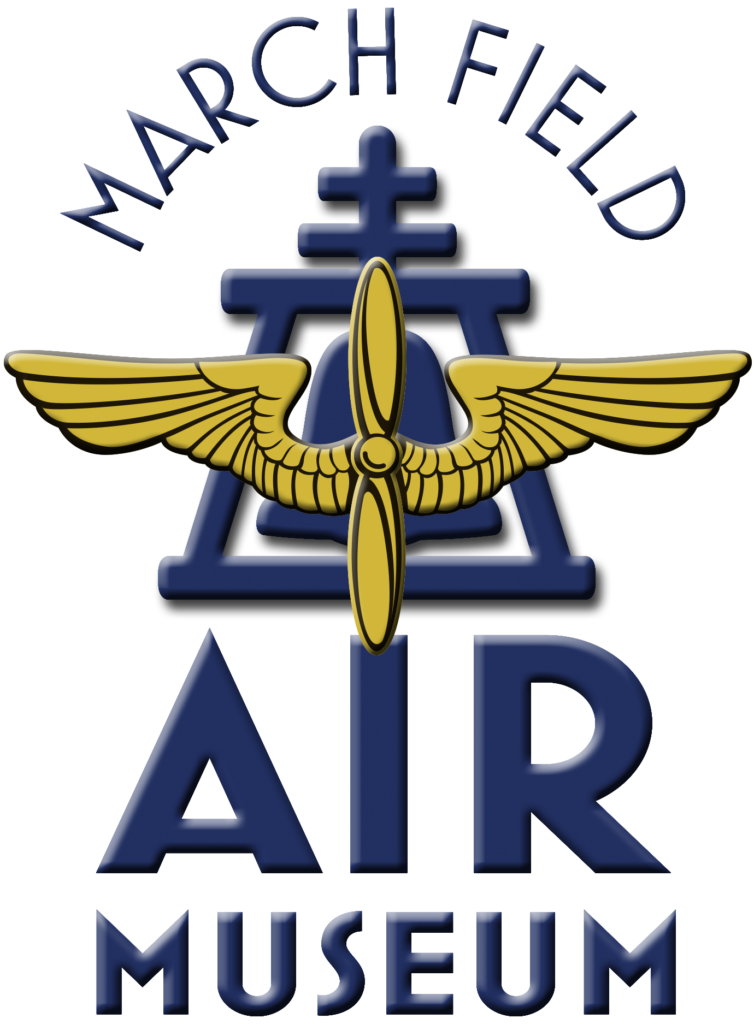A-7D Corsair II
The Ling-Temco-Vought A-7 Corsair II single-seat attack aircraft was originally designed as a replacement for the United States Navy’s Douglas A-4 Skyhawk. After modification (the installation of an improved Allison TF41-A-1 turbofan engine and a M61 Vulcan multi-barrel 20mm cannon) the A-7D was also adopted by the Air Force in 1968.
The A-7D proved to be a reliable single-seat, close air support aircraft innovative in being the first aircraft to use a modern Heads Up Display (HUD) providing detailed information on dive angle, airspeed, altitude, drift and weapons guidance. The A-7’s advanced integrated navigational system, the Projected Map Display System (PMDS), showed the aircraft’s exact location on two different map scales. Serving in Southeast Asia the A-7D proved itself to be an excellent close air support aircraft and a particularly apt platform for delivering the first generation of today’s modern precision guided weapons. When A-7D production ended in 1976, 459 had been delivered to the USAF.
Following the close of U.S. involvement in Vietnam, A-7Ds were assigned to the Air National Guard (ANG) units; by 1987 they were being flown by ANG units in ten states and Puerto Rico. A-7Ds were retired in 1993 after replacement by F-16 Falcons.
The museums A-7D serial number 69-6188, was manufactured by Ling-Temco-Vought, Dallas TX and delivered to the USAF on June 1, 1970. It has been on loan from the NMUSAF since May 14, 2002.
| Manufacturer: | LTV | ||
| Designation: | A-7 | ||
| Version: | D | ||
| Nickname: | Corsair II | ||
| Type: | Fighter | ||
| Specifications | |||
|---|---|---|---|
| Length: | 46 ft | ||
| Height: | 15 ft | ||
| Wingspan: | 38 ft 9in | ||
| Crew: | 1 | ||
| Armament: | One M61 Vulcan 20mm rapid-fire cannon plus 15,000 lbs. of mixed ordnance | ||
| Gross Weight: | 39,325 lbs. loaded | ||
| Propulsion | |||
| No. of Engines: | 1 | ||
| Powerplant: | Allison TF41 turbofan engine | ||
| Thrust: | 14,250 lbs | ||
| Performance | |||
| Range: | 3,644 miles | ||
| Cruise Speed: | 545 mph | ||
| Max Speed: | 685 mph at 5,000 feet | ||
| Ceiling: | 33,500 ft | ||

